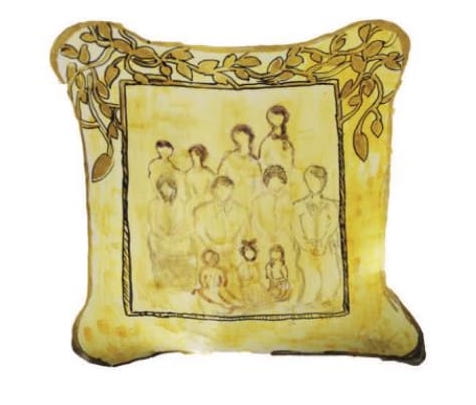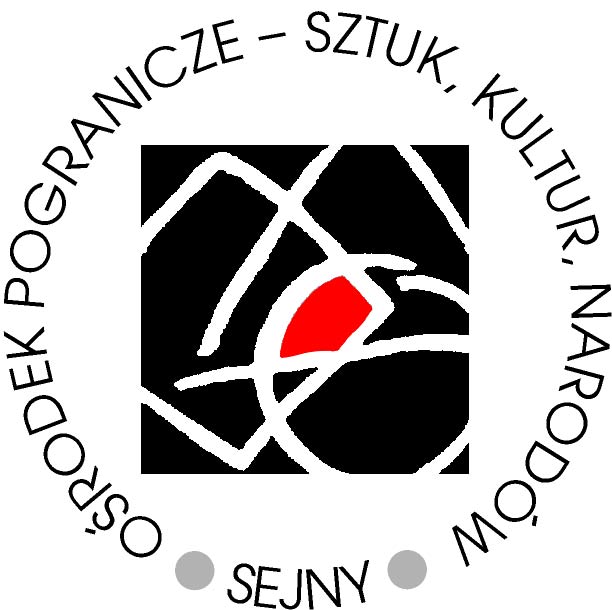Summer School of Intercultural Dialogue
What is the Summer School of Dialogue?
The Summer School of Dialogue is a unique, on a European scale, school, training leaders of integrative activities in multicultural communities who will obtain here both theoretical knowledge and practical skills in the domain of conducting a dialogue between social groups, religions and nations. Summer School of Dialogue is a modern workshop of the philosophy of dialogue bound with the development and popularization of the craft of “bridge building”. The School is aiming in creating of its own methodology of understanding of “intercultural competence” and formulating a new reflection in the sphere of the intercultural dialogue.
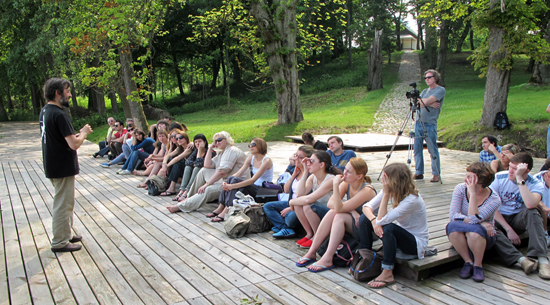
The basic intention of the Summer School of Dialogue is education of the animators of dialogue in the region of the Caucasus and Central Asia, Belarus, Ukraine and Poland, supporting long-term artistic and educational ventures in multicultural communities, assistance at the creation of centres for intercultural practices and cooperation at the building of trans-regional network of partnership in the intercultural dialogue in Belarus, Georgia, Ukraine and Poland.
Summer School of Dialogue 2012 - The First Edition
First Summer School of Intercultural Dialogue was held from July 4-10 at the International Centre for Dialogue (MCD) in Krasnogruda. The participants of the project were cultural animators, journalists and social activists from Ukraine, Belarus, Georgia and Polish. The activities were diverse in form: workshops, lectures, discussions and presentations. The workshops were conducted by international experts: workshop of the animator, workshop of the borderland and the workshop of the leader, during which participants learned a variety of methodologies of intercultural dialogue and gained basic skills needed in the creation and management of the institution. The main result of the project is a creation an international network of partnerships.
On workshops
40 participants from Georgia, Belarus, Ukraine and Polish took part in the workshops. The program was focused on three main issues:
- Workshop of the animator: forms and methods of cross-cultural practices, local conditions, the best examples, obstacles. As part of this workshop, participants met with Chris Balwinem (UK / Spain), theater director and acting teacher at an international level. www.chrisbaldwintheatre.co.uk
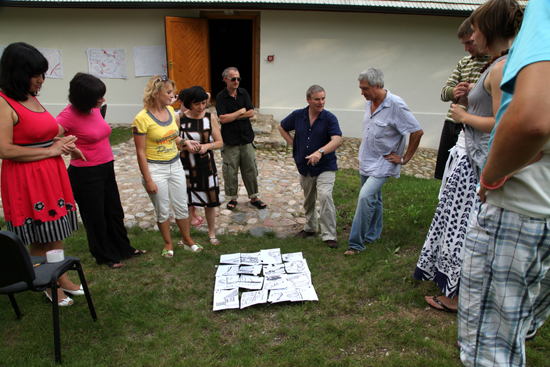
- Workshop of borderland: knowledge of the multicultural heritage of the region and its historical context, sources of conflict and traditions of tolerance, references to other Western and Eastern traditions. Workshop led by Krzysztof Czyzewski, president of the Borderland Foundation, practitioner of the idea, poet, essayist, cultural animator.
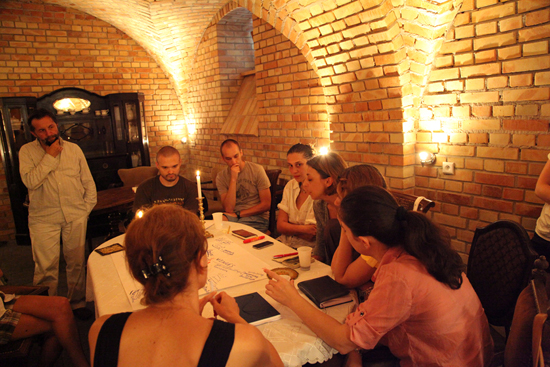
- Workshop of the leader: building and managing the organization, a network of partnerships, founding, local and international strategies, the organization of the place. Workshop led by Jean-Pierre Deru, a specialist in the field of cultural management and networking, with Marcel Hicter Foundation and Anna Danilewicz, manager of culture, head of the Department of Education and curator of exhibitions at the Museum of Army in Bialystok.

Events
In addition to workshops, during the summer school lectures, debates, concerts were held.
Lecture: Professor Iuri Mgebrishvili (leader of the cultural management branch of the Institute for Art at the Ilia State University, Georgia) introduced the participants to the cultural market research. Based on models of marketing for the arts and culture, principles of marketing research were considered: the definition of the research problem, selection of appropriate test methods, methods of obtaining information and data collection, processing and analysis.
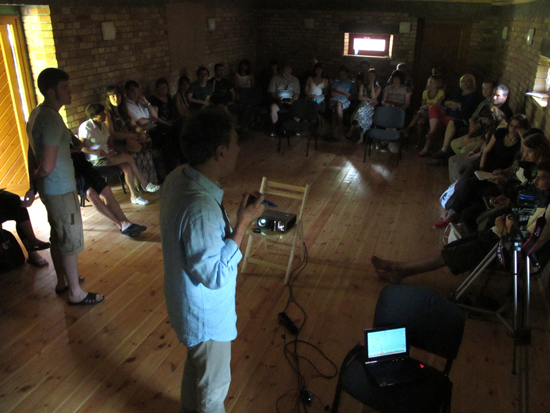
Debate on the role of contemporary leaders of cultural organizations was based on the foreword of Jean-Pierre and Deru, considering ways in which managers of cultural activities respond to the status quo in the culture and develop a strategy that can lead to social change. In this debate, there were 3 presentations (L.Khetaguri, O.Butsenko, A.Antsipenka) on personal experience of working in the cultural contexts of changes in particular societies.
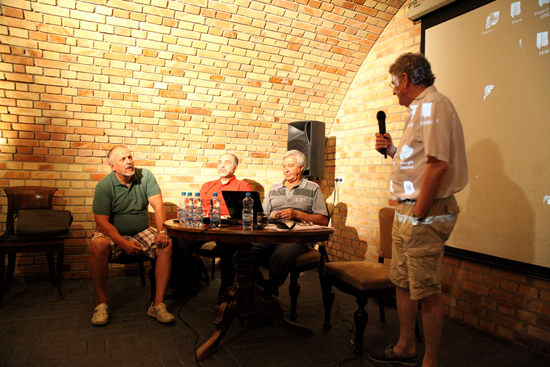
During the last night of the Summer School, a gala was held, and the certificates of completion of training were given to the participants, and a concert by the Sejny Theatre Klezmer Orchestra was held in the White Synagogue in Sejny.

Short reports, photos and film footage from the day-by-day activities of the Summer School can be found @ www.borderlandschool.net



![]()
